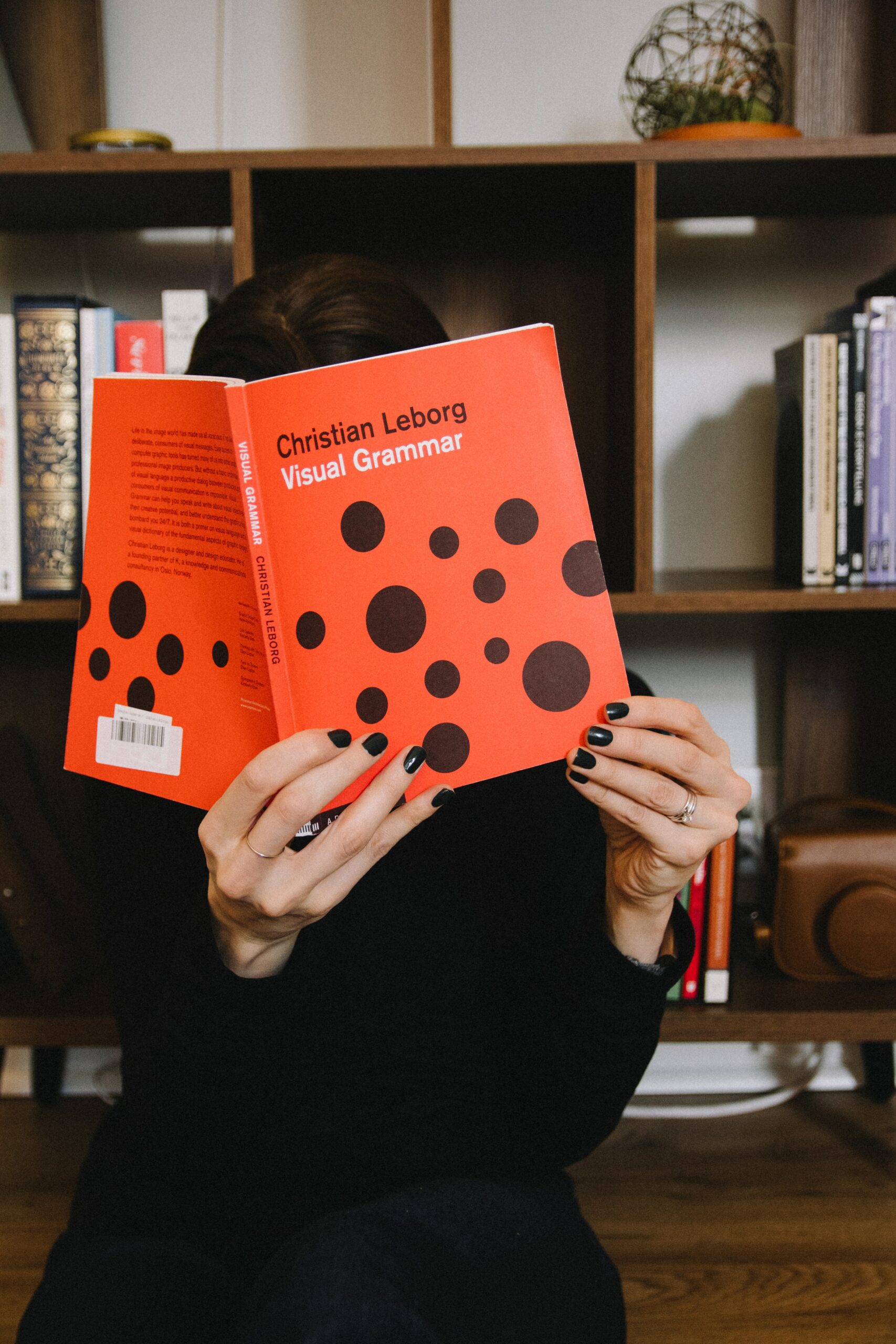Here some of you are probably thinking: artificial intelligence (AI) and consciousness? Isn't that science fiction? But it's not that simple: Even some AI experts seem to believe in conscious AI: OpenAI boss Ilya Sutskever tweeted at the end of February: "It may be that today's large neural networks are a bit conscious".
Sutskever is a well-known AI researcher. In 2020, his OpenAI platform presented what is probably the most well-known language model in the world, GPT-3. Ilya Sutskever was also part of the Toronto trio Krizhevsky, Sutskever, Hinton, who started the deep learning revolution in 2012 when their image recognition model won the ImageNet Challenge. The model is known as AlexNet to the entire AI world. Shouldn't such an announcement by a more than renowned AI researcher be correct?
Sutskever's tweet about the consciousness of today's neural models was met with much dissent and glee: John Costello tweeted right back, "A little conscious? Isn't that like being 'a little bit pregnant'”?
By “large neural networks” Sutskever certainly meant large Transformer language models like the GPT-3 mentioned above. I addressed major Transformer language models here in my last blog post.
Many AI experts took part in the Twitter discussion: e.g. the founder of modern image recognition with deep learning and leader of Meta AI (Facebook) Yann LeCun. Yann LeCun disagreed with Sutskever's view, tweeting: "Nope." That doesn't even apply to small values of 'a bit aware' and large values of 'large neural networks'. For that – that is, for a little awareness – you would need a certain kind of macro-architecture that none of the current networks have.
In the new episode of our "AI crime stories" I first explore what consciousness is. I use animations in the TensorFlow Neural Network Playground to show how artificial neural networks (ANN) work. You are our revolutionary AI – Deep Learning.
Dear visitor,
Welcome to my Brain & AI SciLogs blog.
I want to write here about all possible aspects of artificial intelligence research. I am very happy about every comment and every discussion about it, because as my mother often said:
"As long as language lives, man is not dead."
I often post updates about artificial intelligence, artificial neural networks, and machine learning on my Facebook page: Machine Learning
Here's something about my career: I studied chemistry at the Technical University of Munich and then did my doctorate at the Chair for Theoretical Chemistry at the Technical University of Munich on the formation of the genetic code and double-strand coding in nucleic acids.
After my PhD, I continued my research there for a few years on the genetic code and the complementary coding on both strands of nucleic acids:
Neutral adaptation of the genetic code to double-strand coding.
Keywords for my scientific work: molecular evolution, theoretical molecular biology, bioinformatics, information theory, genetic coding.
I am currently a lecturer in artificial intelligence at the SRH Fernhochschule and the Spiegel Academy, AI keynote speaker, writer, stage writer and science communicator.
i.a. I am two-time vice champion of the German-speaking poetry slam championships.
My book "Doktorspiele" was filmed by 20th Century FOX and ran successfully in German cinemas in 2014. The new edition of the book was published by Digital Publishers.
My non-fiction book about artificial intelligence "Is that intelligent or can that go away?" released in October 2020.
Tessloff-Verlag publishes my children's crime novels "Data detectives", beautifully illustrated by Marek Blaha, with a lot of reference to AI, robots and digital worlds.
Have fun with my blog and all the discussions here :-).



